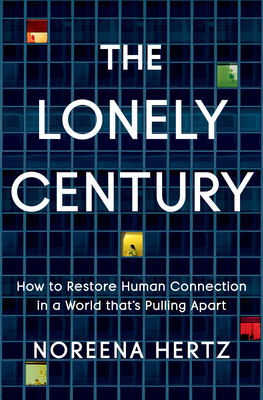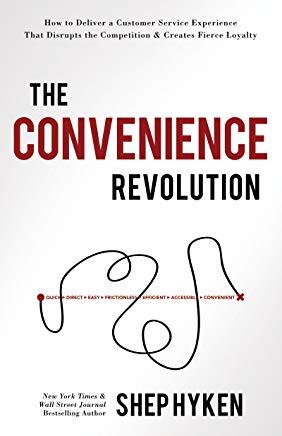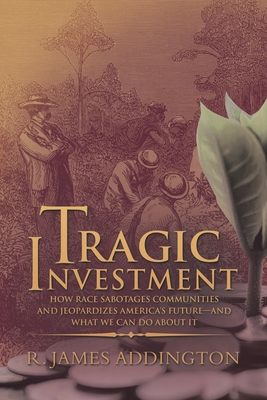
Hertz, Noreena
product information
description
oking account by "one of the world's leading thinkers" (The Observer) of how we built a lonely world, how the pandemic accelerated the problem, and what we must do to come together again "A compelling vision for how we can bridge our many divides at this time of great change and disruption."--Arianna Huffington, founder and CEO of Thrive Global "An important new book."--The Economist NEXT BIG IDEA CLUB NOMINEE - NAMED ONE OF THE BEST BOOKS OF THE YEAR BY WIRED (UK) AND THE DAILY TELEGRAPH Loneliness has become the defining condition of the twenty-first century. It is damaging our health, our wealth, and our happiness and even threatening our democracy. Never has it been more pervasive or more widespread, but never has there been more that we can do about it. Even before a global pandemic introduced us to terms like "social distancing," the fabric of community was unraveling and our personal relationships were under threat. And technology isn't the sole culprit. Equally to blame are the dismantling of civic institutions, the radical reorganization of the workplace, the mass migration to cities, and decades of neoliberal policies that have placed self-interest above the collective good. This is not merely a mental health crisis. Loneliness increases our risk of heart disease, cancer, and dementia. Statistically, it's as bad for our health as smoking fifteen cigarettes a day. It's also an economic crisis, costing us billions annually. And it's a political crisis, as feelings of marginalization fuel divisiveness and extremism around the world. But it's also a crisis we have the power to solve. Combining a decade of research with firsthand reporting, Noreena Hertz takes us from a "how to read a face" class at an Ivy League university to isolated remote workers in London during lockdown, from "renting a friend" in Manhattan to nursing home residents knitting bonnets for their robot caregivers in Japan. Offering bold solutions ranging from compassionate AI to innovative models for urban living to new ways of reinvigorating our neighborhoods and reconciling our differences, The Lonely Century offers a hopeful and empowering vision for how to heal our fractured communities and restore connection in our lives.
member goods
No member items were found under this heading.
Return Policy
All sales are final
Shipping
No special shipping considerations available.
Shipping fees determined at checkout.







